-
Padur, Kelambakkam (OMR), Rajiv Gandhi Salai, Chennai - 603 103.
-
Campus: 044 69034444 / 7824080621 Admission: 044 24469714 /9789885555
Padur, Kelambakkam (OMR), Rajiv Gandhi Salai, Chennai - 603 103.
Campus: 044 69034444 / 7824080621 Admission: 044 24469714 /9789885555
About UG
The UG Biotechnology Programme was started in the year 2005. B.Sc. in Biotechnology is a three year undergraduate course, involving an advanced study of the cellular and bimolecular processes for development of a variety of technologies and products that contribute to improving people’s lives and health.
About PG
The Department of Biotechnology was established in 2002.The basic eligibility for applying to the course is Undergraduate qualification in the Life science stream, completed from a recognized educational board with minimum 55% mark. M.Sc. Biotechnology course material can be classified into two sections- theory section and practical section. In theory section, students will have to deal with subjects related to biology as well as basic technology concepts. Practical section is also very important. Students will have to spend good amount of time in laboratory, performing practical lessons as well as lab training. At the end of the course, research project is also held. Lab activities form a major part of project. The students those who are successfully completed their course may get placed as a Research Assistant, Biotech Product Analyst, Executive at Stem Cell Bank, Lecturer & Marketing Executive at Biotech company etc.
About M.Phil
The M.Phil Biotechnology Programme was started in the year 2013. M.Phil Biotechnology is a One year research course, involving an advanced study of the cellular and bimolecular processes for development of a variety of technologies and products that contribute to improving people’s lives and health.
About Ph.D
The Ph.D Biotechnology Programme was started in the year 2018. Ph.D in Biotechnology is a three year Doctoral Degree course for full time candidate without M.Phil., Whereas with the candidate have the M.Phil degree can finish in two years.
Courses Offered
Biotechnology: The course teaches students applications of the study of living organisms to make products that can be of benefit to humankind.
Biomedical Engineering: Biomedical engineers work closely with doctors and researchers to develop equipment and devices that solve clinical problems.
Food Technology: Food Technology scientists research on improving food quality, its preservation and, enhancing its nutrition value.
Nutrition and Dietetics: The course entails researching practices that improve community health and, nutrition.
Forensic Sciences: Forensic scientists perform evidence-based research to solve crimes.
Microbiology: The course trains students in studying micro-organisms, diseases caused by micro-organisms and, researching ways to use microorganisms for health benefits of community.
Biochemistry: Students get an insight into biological molecules, proteins and, lipids. When applied, Biochemistry professionals play a major role in better agricultural produce, nutrition and, treatment of diseases.
Scope of M.Sc Course
Pharmaceutical sector, Biological Sciences, Healthcare, Food Processing Industry, Food and Chemical Industries seek Biotechnology Professionals for handling positions of Production Engineers, Quality Control Analyst, etc.
Scope of M.Phil Course
Biotechnology is a research-oriented field in which a lot of areas are still to be explored. M.Phil graduates can opt for a career in technical writing, or go for Ph.D to pursue a career in research.
Scope of Ph.D Course
Biotechnology is a broad field. From using yeast in the production of bread to evidence like hair, skin or blood scrutinized by Forensic Scientists, all are an application of the glorious field.It is a promising field that can bring about appreciable changes in agriculture trends, food productions and, healthcare.After Ph.D they can pursue Post Doctoral Fellowship(PDF).
https://hcaschennai.edu.in/files/1/National_Conference_BEAT2K19_Bio_Technology.pdf
|
I Year |
II Year |
III Year |
|
Semester - I |
Semester - III |
Semester - V |
|
Core Paper I-Cell And Molecular Development Biology |
Core Paper III- Immunology and Immuno- Technology |
Core Paper IX – Animal & Medical Biotechnology |
|
Elective-I Biological Chemistry |
Elective Paper III-Bioinstrumentation |
Core Paper XI - Immunology |
|
SEC-I-Mushroom Cultivation |
Environmental Studies |
Core Paper X-Bioinformatics |
|
Foundation Course- Introduction To Biotechnology |
SEC-4 Entrepreneurial based Organic Farming and Health Management |
Elective-I – Pharmaceutical Biotechnology |
| SEC- 5 Food And Nutrition |
Value Education |
|
|
Naan Mudhalvan Courses:NMU02-Microsoft Office Essential |
Naan Mudhalvan Courses: NMU35-PCR Technology | |
|
Upskill |
||
|
Semester - II |
Semester - IV |
Semester - VI |
|
Core Paper II-Genetics |
Core Paper IV Genetic Engineering And rDNA |
Core Paper XIII – Industrial Biotechnology |
|
Elective Paper II-Fundamental Of Microbiology |
Elective Paper IV Bioinformatics And Biostatistics |
Core Paper XIV –Environmental Biotechnology |
|
SEC-2-Clinical Aromatheraphy |
SEC-6-Discipline Specific Herbal Medicine |
Elective III-Basics In Research Methodology |
|
SEC-3- Biotechnology for Society |
SEC-7-Discipline specific Environment Management in Industries |
Extension Activities |
|
Naan Mudhalvan Courses:MU40-Overview Of English Language Communication |
Environmental Studies | |
| Naan Mudhalvan Courses:NMU05-Employability Skill | Naan Mudhalvan Courses:NMU47-BIoinformatics |
| I Year | II Year |
|---|---|
| Semester - I | Semester - III |
| Biochemistry | Microbiology |
| Molecular Genetics | Plant and Animal Biotechnology |
| Molecular Cell Biology | Genetic Engineering |
|
Practical – I: A) Biochemistry B) Molecular Genetics C) Molecular Cell Biology |
Practical – II: A) Plant and Animal Biotechnology B) Genetic Engineering C) Microbiology |
| Elective-I: Bioinstrumentation | Tissue Engineering |
| Elective-II: Biostatistics | Elective-II: Pharmaceutical Biotechnology |
| Elective-III: Enzymology | Elective-III: Environmental Biotechnology |
| Soft Skill-I | Soft Skill-II |
| Semester - II | Semester - IV |
| Bioinformatics | Research Methodology |
| Immunology | Stem Cell Biology |
| Bioprocess Technology | Bioethics Human Rights and Social issues |
|
Practical – III: A) Bioinformatics B) Immunology C) Bioprocess Technology |
Soft Skill-IV |
| Elective-I: Nano Biotechnology | Dissertation |
| Elective-II: Molecular Developmental Biology | |
|
Elective-III: Potential and Commercial aspects of Bioinformatics |
|
| Soft Skill – III | |
| Internship in Industries of Research laboratories related to Biotechnology field | |
| Elective Principles of Gene Manipulation Technology |
| Part I | Subject |
|---|---|
| Paper I | Research Methodology ( Common Syllabus) |
| Paper II | Advanced Biotechnology |
| Paper III | General Biotechnology |
| Part II | Dissertation |
Value-added courses are offered with a duration of the course
The Department of Biotechnology offers add-on courses along with UG/PG courses from the academic year 2015-2016 onwards.
BSS Diploma in Medical Laboratory Technology . 2 year
The course is affiliated with Bharat Sevak Samaj Vocational Education, Affiliation No: (TN/7732). Medical laboratory technicians can work in private hospitals, nursing homes, blood banks, and pathology laboratories and can also run a private medical laboratory. In addition to that, if the biotechnology students want to enter the Medical Biotechnology field, this will be an added qualification for them.
Other Add-on courses for UG/PG courses

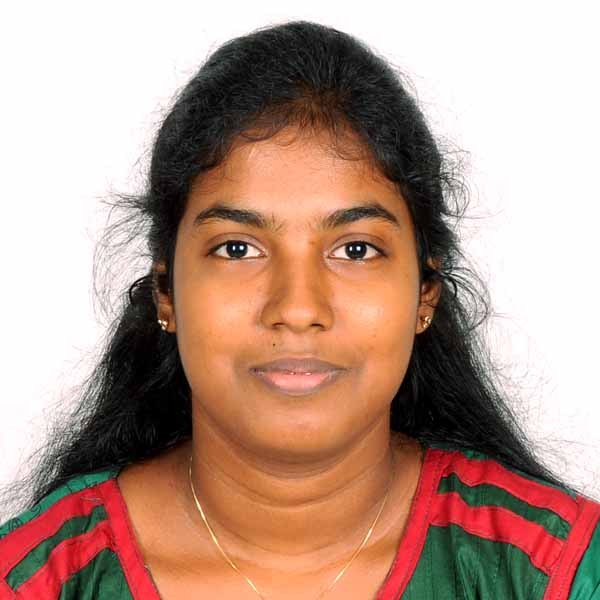
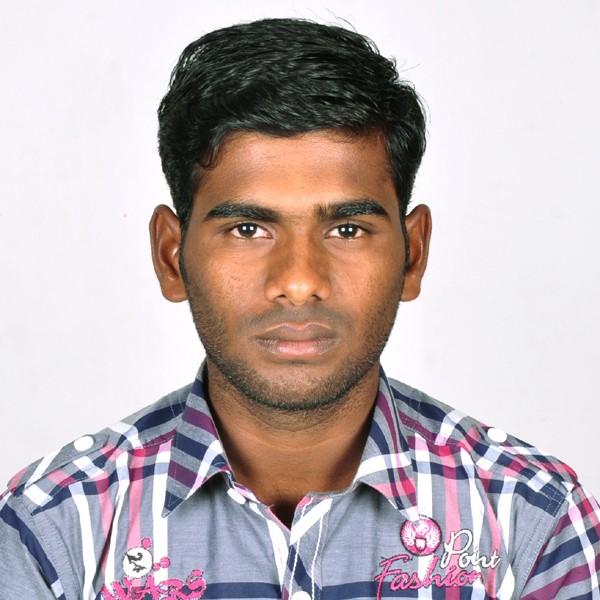
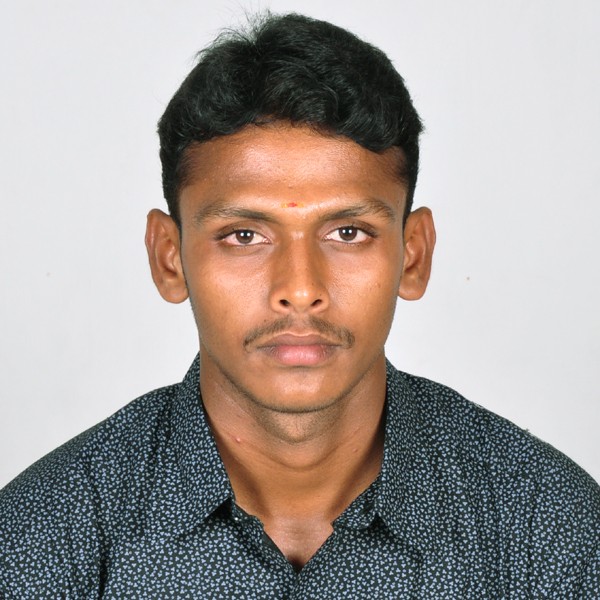
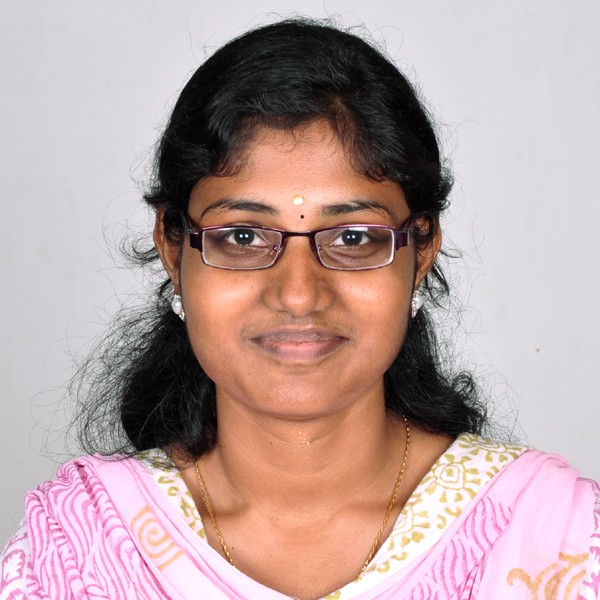
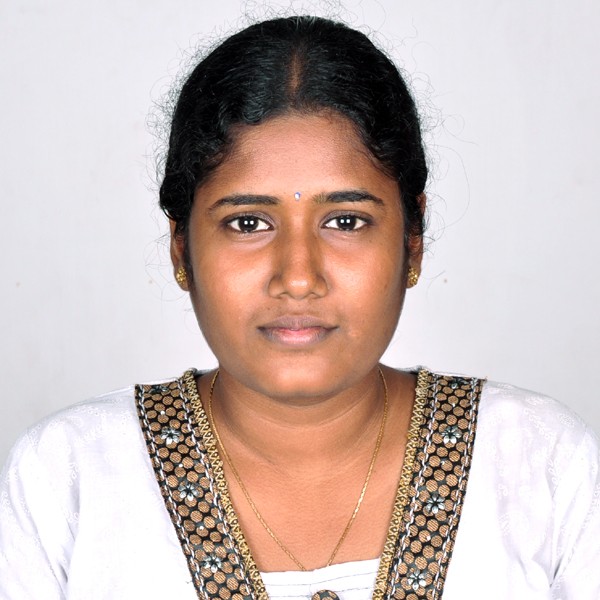
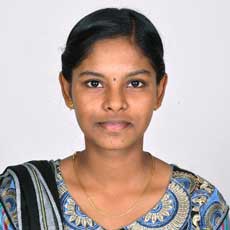
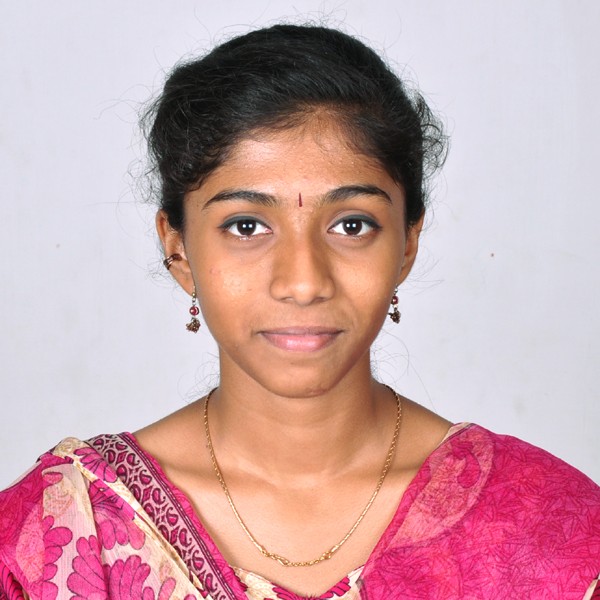

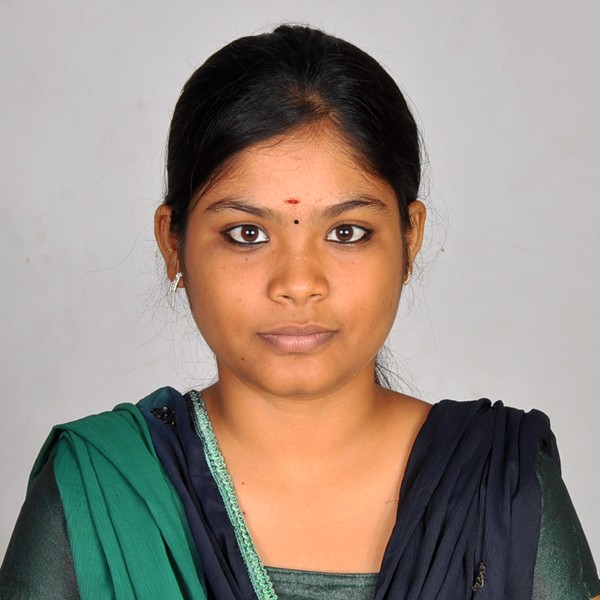
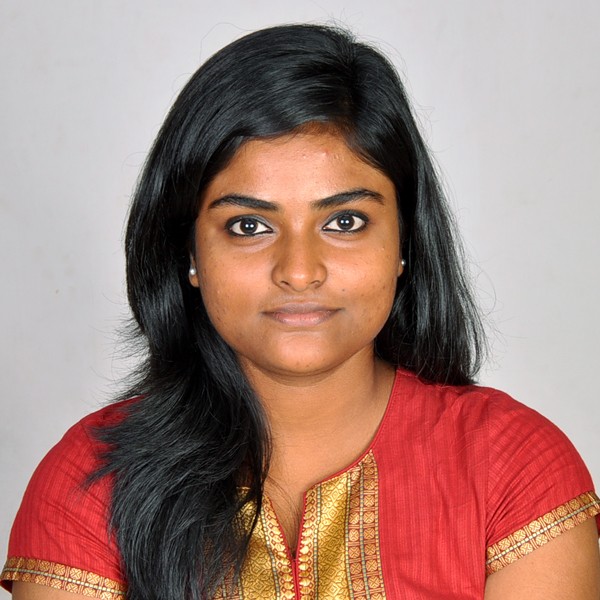
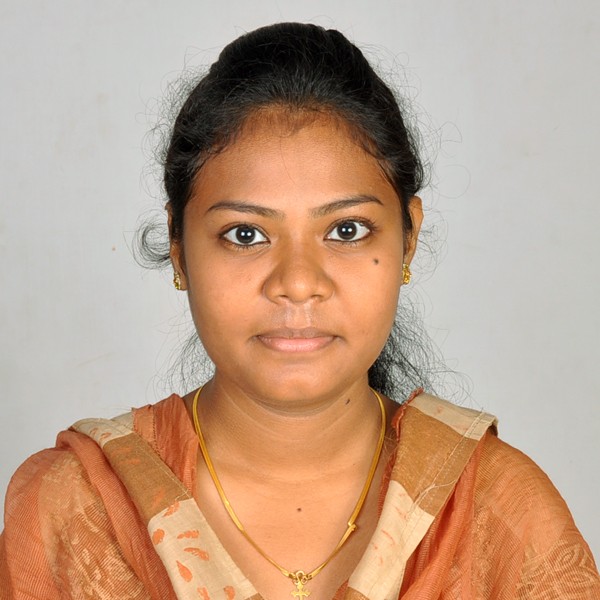
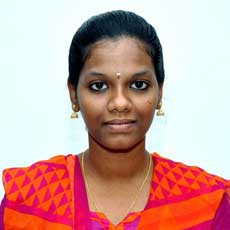
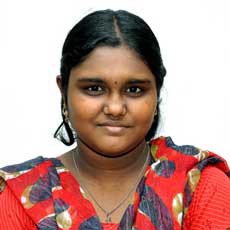
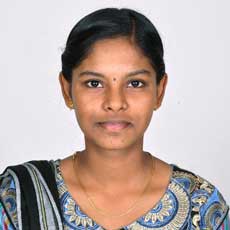
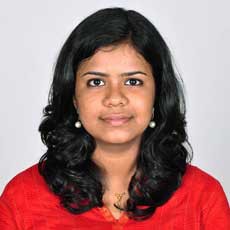
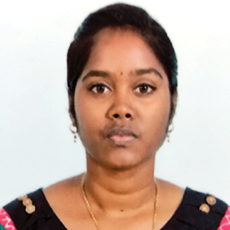
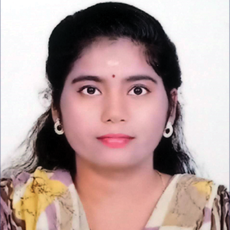
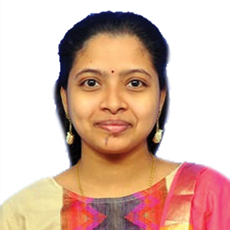

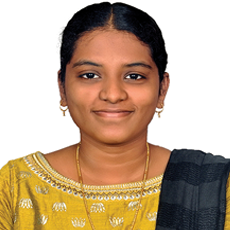
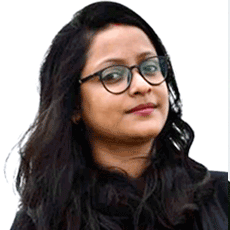
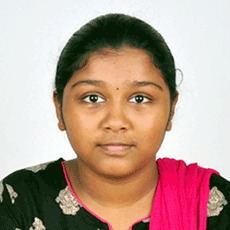
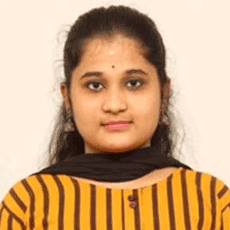
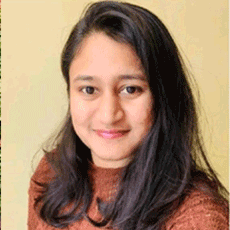
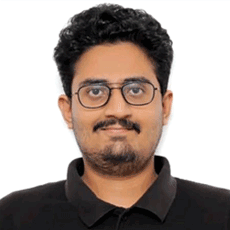
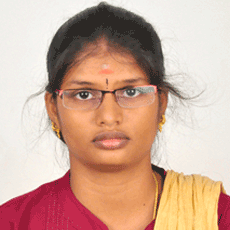
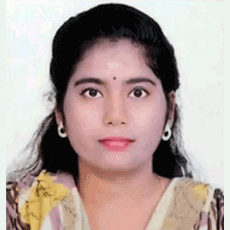
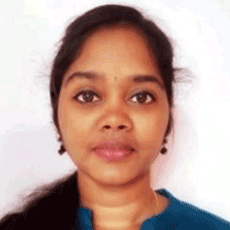
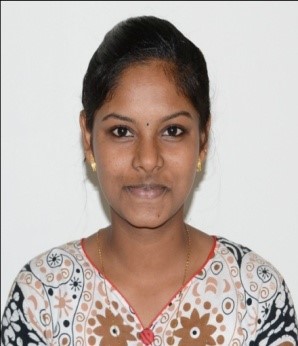
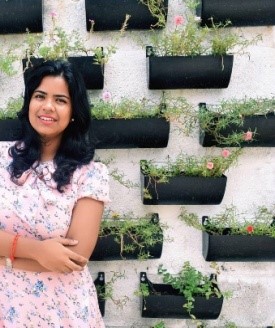
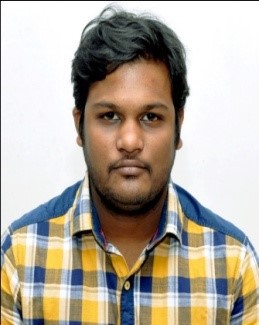
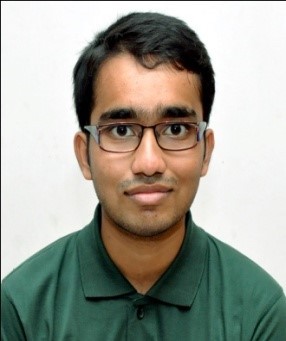
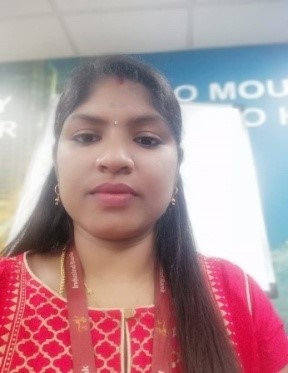

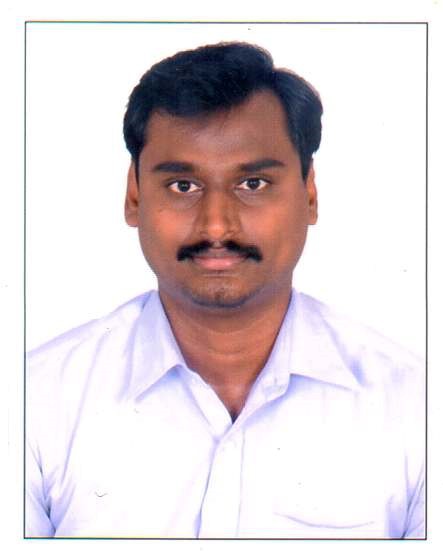
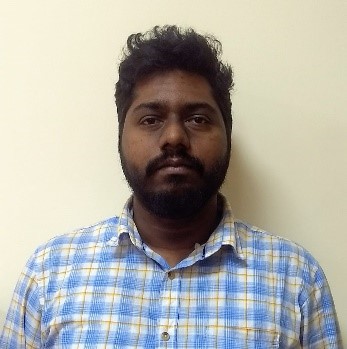

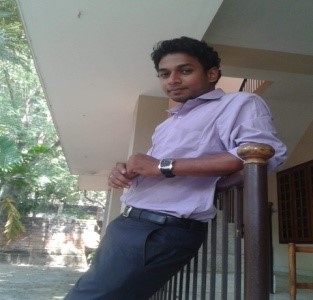
Biotechnology is the branch of science which deals about the benefits and application of plants, animals and microbial cell cultures at the technological level. Today, biotechnology covers many different disciplines (eg. genetics, biochemistry, molecular biology, etc.). New technologies and products are developed every year within the areas of eg. medicine (development of new medicines and therapies), agriculture (development of genetically modified plants, biofuels, biological treatment) or industrial biotechnology (production of chemicals, paper, textiles and food).
Top five branches of biotechnology are: 1. Animal Biotechnology - It deals with the development of transgenic animals for increased milk or meat production with resistance to various diseases.
2. Medical Biotechnology - Deals about the large scale production of hormones, blood serum proteins; in the development of antibiotics, and other medically useful products.
3. Industrial Biotechnology - It deals with commercial production of various useful organic substances.
4. Environmental Biotechnology - It deals with detoxification of waste and industrial effluents, treatment of sewage water, and control of plant diseases and insects through the use of biological agents such as viruses, bacteria, fungi, etc.
5. Plant Biotechnology - It deals with development of transgenic plants with resistance to biotic and abiotic stresses; development of haploids, embryo rescue, clonal multiplication, cryopreservation, etc..
The course offered by HCAS is Biotechnology, which covers all the above branches of the subjects. The curriculum is designed and provided by the University of Madras, which covers all the above said branches. Biotechnology is an interdisciplinary science which encompasses areas viz. Molecular Biology, Genetics, Biochemistry, Microbiology, Virology, Plant and Animal Tissue Culture, Chemistry and Engineering. It is a fast emerging “cutting edge” science with distinctive advantages as it finds applications in practically all aspects of life. The subject offers exciting opportunities in various fields from basic research to an industry oriented career.
The college offers B.Sc, M.Sc, M.Phil and Ph.D Biotechnology programmes. Admissions process for all the programmes start in the month of April for B. Sc., M. Sc., and M. Phil.
For the Ph. D., program, it will be done twice a year (June & December) as per the guidelines given by the University of Madras. Entrance examinations will be conducted by the college and rank list will be send to University of Madras for approval.
To improve the employability of the students at the first-degree level, parallel utility-oriented certificate/diploma courses have been introduced. The students can avail of these career-oriented courses and gain a dual degree on graduating.
Under the programme, each student would be awarded an additional certificate /diploma in the ‘add-on’ course opted for. The department offers Diploma in Medical Laboratory Technology (DMLT) affiliated to Bharat Sevak Samaj Vocational Education, Affiliation No: (TN/7732). National Programme on Technology Enhanced Learning (NPTEL) is a project of MHRD initiated by seven Indian Institutes along with the Indian Institute of Sciences, Bangalore in 2003, to provide quality education to anyone interested in learning from the IITs. Our college is a nodal center for NPTEL courses, and every year more than 50 different certificate courses have been offered in the Biotechnology branch itself as free education.
It is one of the fastest growing sectors in India and is expected to play a key role in shaping India’s rapidly developing economy.
The areas include:
Research and development
Quality assurance/regulatory affairs
Manufacturing
Clinical research
Government (policymaking)
Software engineering
Food, animal, and environmental science
Sales and technical support
Business management
Project management
Post Graduate degree holders can work in government/private sectors consisting of technical, scientific or junior management positions.
The major fields are as follow:
Medical employment: You can be placed in medical fields like the hospitals, private clinics or research centres, if you have studied Medical Laboratory Technology or biomedical engineering.
. Management: You can also consider going into HR/ Marketing careers in life science companies like pharmaceutical companies.
Health care professions: You can work at health care research centres that involve in medical transcription and other professional services.
Education: You can also go right away into employment in colleges with just a Master’s degree. But this requires you to have passed UGC-NET / UGC-SET score or a UGC-LEC to be able to teach with a Master’s degree.
Computer / IT : Finally you can also get employment in software industries that run life sciences projects. You can do medical coding, medical transcription and also do molecule designing using software.
Reaching new altitudes in biotechnology research, influencing biotechnology into a principal tool of the future, for creation of wealth especially for the welfare of the deprived.
The Department is one of the pioneers in Biotechnology research as for as the University of Madras affiliated colleges are concerned, and since the year 2010 has had the added distinction of being MOES & TNSCST sponsored for various events. Study of industrially valuable products such as enzymes, biopolymers like bioplatics, biofuels, biosurfactants etc., of commercial importance from microorganisms are some of the major projects undertaken in the department. In addition to that, we have a well-equipped genetic engineering laboratory to carryout DNA, RNA barcoding, plant and animal tissue culture. Processes for preparation of toxins and other bioactive substances from various microorganisms are well established. Biodegradation of oils spills and heavy metals have been selectively developed.
During the third and fourth semesters, the students undertake independent research projects as part of the curriculum. Summer training (4-6 weeks) is mandatory after completion of the second semester and the students are placed by the Department in R&D laboratories of nationally recognized institutes and industries. The department has MOUs with international and national research institutions. Apart from that Practical based learning, smart class facilities, industrial visit, on duty leave for workshops, conferences and symposia and financial support for project presentations in national level, are other added advantages of the department.
The department has well-qualified and competent faculty catering to the needs of teaching, research and educational activities. There are 7 faculty members in the department and all are doctorates. They all have published several research articles in international high impact journals. Many have been invited to give plenary talks and invited lectures in reputed Universities and colleges. Our faculty are in doctoral committees and editorial boards of Journals. All are approved faculty members by the University of Madras. They have contributed in question paper settings, syllabus framing and evaluation of examination for the university and the affiliated colleges.
The college has a special officer to guide the students to get Government SC/tribe and low income group stipends through State Education Departments and University of Madras. In addition to that, alumni fee concession (50% of tuition fee) can be availed by our alumni students to pursue master programmes in our college. Students can also avail education loans with the guidance of admission cell.
The course is recognized by the University of Madras. Hence we are following the norms of the university. Candidates for admission to M. Phil., programme must have a Master's degree or a professional degree declared equivalent to the Master’s degree by the corresponding statutory regulatory body, with at least 55% marks in aggregate or its equivalent grade 'B' in the UGC 7-point scale (or an equivalent grade in a point scale, wherever grading system is followed) or an equivalent degree from a foreign educational institution, accredited by an Assessment and Accreditation Agency, which is approved, recognized or authorized by an authority, established or incorporated under a law in its home country or any other statutory authority in that country for the purpose of assessing, accrediting or assuring quality and standards of educational institutions. A relaxation of 5% of marks, from 55% to 50%, or an equivalent relaxation of grade, may be allowed for those belonging to SC/ST/Differently-Abled and other categories of candidates as per the decision of the Commission from time to time, or for those who had obtained their Master's degree prior to 19th September, 1991. The eligibility marks of 55% (or an equivalent grade in a point scale wherever grading system is followed) and the relaxation of 5% to the categories mentioned above are permissible based only on the qualifying marks without including the grace mark procedures.
We shall admit M. Phil., students through an Entrance Test conducted at our College level. The College will decide the date during June month and our academic body will finalize the rank list. We will take the student as per the approved number by the University.
It is a good choice, it is beneficial for job criteria as well. As you know it is an advanced Post Graduate research degree. Master of Philosophy degree is the most advanced research degree before the Doctor of Philosophy. They have good scope in Research, Production and Marketing companies. Biotechnologists can find jobs in agricultural establishments, pharmaceutical firms, food manufacturing companies, chemical industries and bio-processing companies. There is also scope in Government as well as corporate organized research work.
Master of Philosophy is a Post Graduate research Masters. As an alternative of completing taught units and assessments, M. Phil., consists entirely of your own independent project. An M. Phil., can be a part of a (or a step towards Ph. D. registration) but you can also study it as a separate qualification.
The department has well-qualified and competent faculty catering to the needs of teaching, research and education activities. There are 7 faculty members in the department and all are doctorates. They all have published several research articles in international high impact journals. Many have been invited to give plenary talks and invited lectures in reputed Universities and colleges. Our faculty are in doctoral committees and editorial boards of Journals. All are approved faculty members by the University of Madras. They have contributed in question paper settings, syllabus framing and evaluation of examination for the university and the affiliated colleges.
The Ph. D., program is for a minimum duration of three years, including course work for both full-time and part-time candidates for a maximum of six years. No candidates shall be permitted to submit their thesis after the maximum period of Six Years. There is no provision for either Extension or Re-Registration
Admission to Ph.D. programme will take place during two sessions in a year (June and December). The admission schedule will be announced through advertisement on the University of Madras website. Candidates are required to fill up the online application within the specified date, and submit requisite fee as per instructions given in the University website. Admission portal shall remain open for a specified period as notified by the University (June 1-30 and December 1-30)
The minimum eligibility for pursuance of the course is the successful completion of post-graduation in Biotechnology, completed from a recognized university. The process of selection involves, scrutiny of applications, conduct of Entrance Examination, preparing of merit list and of selection list, and should be completed within the specified time limit. The eligibility conditions for the candidates shall be strictly followed as per the University of Madras Ph. D. Regulations 2018, under the clause 2.1 (available in the website:www.unom.ac.in). Admission to Ph.D., shall be made through an entrance test. The entrance test will be conducted by the respective department. 50% of marks shall be taken from the qualifying examination (PG or equivalent) secured by the candidate. The candidate should secure at least 25 marks out of 50 marks in the entrance test
The department has a well-qualified and competent faculty catering to the needs of teaching, research and education activities. There are 7 faculty members in the department, and all are doctorates. They all have published several research articles in international high impact journals. Many have been invited to give plenary talks and invited lectures in reputed Universities and colleges. Our faculty are in doctoral committees and editorial boards of Journals. All are approved faculty members by the University of Madras. They have contributed in question paper settings, syllabus framing and evaluation of examination for the university and the affiliated colleges.
In these fields, holding a doctorate will certainly increase your salary earnings potentially per year, than those with just a master's degree. More over this programme will make you an eligible candidate to be placed in any top academic positions.
There are a many opportunities available in top cadre for people with a doctorate degree in biotechnology as per their specialization, and to name a few: Analytical chemist, Biomedical scientist, Healthcare scientist, clinical biotechnologist. Clinical research associate, Forensic scientist, Physician's associate, Research scientist (Life sciences), Scientific laboratory technician, Toxicologist, etc.
